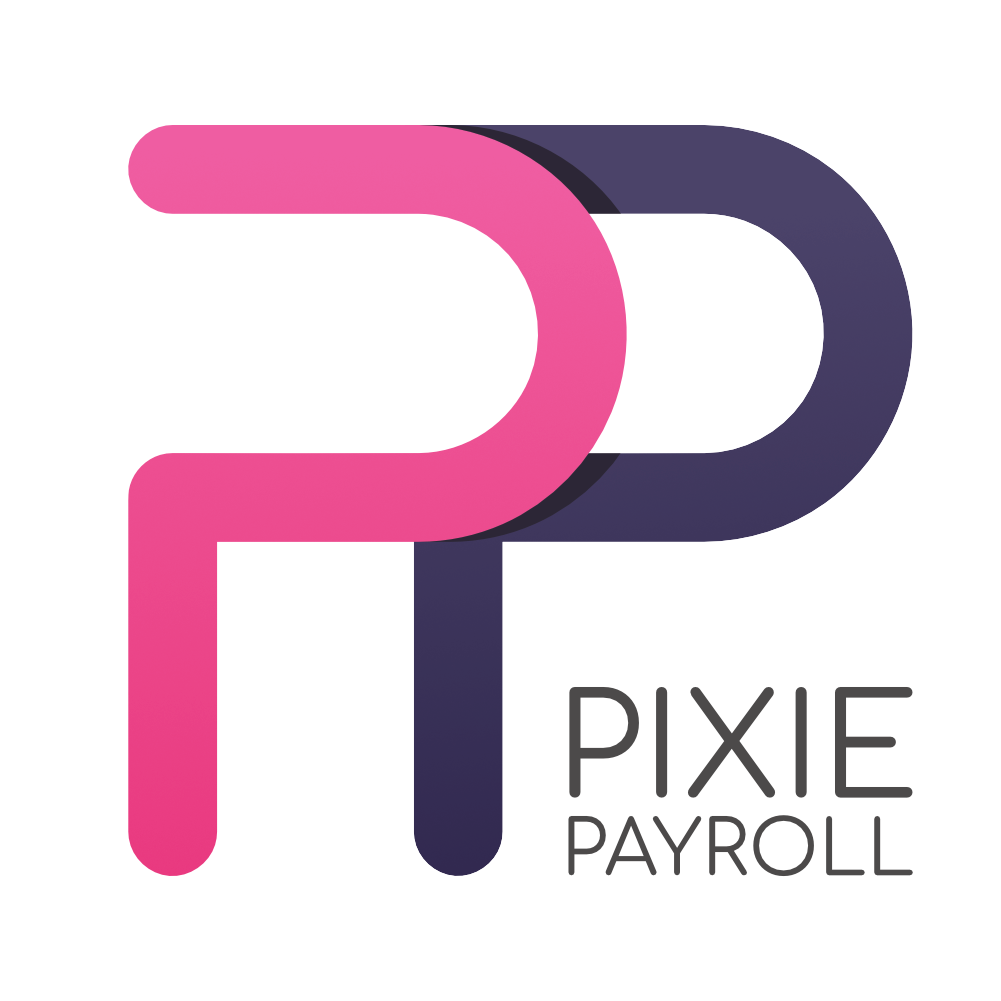This is our first blog post of 2021 so first of all, we’d like to wish everyone a happy new year. It’s been a tricky start to the year with us all going into lockdown again, many businesses being forced to close and children back to being home-schooled. Let’s hope the vaccine roll-out means better times are ahead.
There haven’t been any major Coronavirus-related government announcements so far this month, so we thought we’d have a look at some other employment-related updates this time, although inevitably some pandemic updates will feature too.
Self-assessment tax returns
The deadline for self-assessment tax returns is this Sunday – 31st January – so there’s not much time left to get things sorted. However, HMRC has just announced that providing tax returns are filed by the end of February, they won’t apply penalties. They are still expecting any tax to be paid by 31st January and they will be applying interest to late payments so if you can, it’s still worth getting it all done by Sunday.
HMRC have encouraged people to file their returns even if they can’t pay the tax they owe as they have set up some instalment schemes to help.
Minimum wage rates increase this April
Some good news is that, as with most years, the National Living Wage (NLW) and National Minimum Wage (NMW) rates are increasing this April. In addition, the NLW threshold will be lowered so that everyone aged 23 years and over will receive this rate (currently it is 25 years and over).
The new NLW rate will be £8.91, an increase of only 19p from the current rates. Percentage increases in NMW rates are smaller still.
We will automatically apply the new rates to all applicable employees in payroll schemes that we manage but if you need help working out what your new wage bill will be after April 2021, just get in touch.
Coronavirus Job Retention Scheme
As we have previously mentioned, the CJRS or furlough scheme has been extended until the end of April 2021 with the government paying 80% of employees’ wages. Staff can be placed on furlough at any time and it can be a useful tool for employers to help employees with childcare responsibilities now the schools are closed again. Those who are shielding can also be put on furlough.
The government are also starting to take steps to prevent fraudulent claims under the scheme; from next month, details of businesses which have claimed under the scheme will be published and individuals will be able to check whether a claim has been made on their behalf.
The extension of the CJRS has meant both the Job Retention Bonus and Job Support Scheme have been postponed for now with further updates expected soon.
Statutory sick pay for those asked to self-isolate
Don’t forget that you should pay SSP to those who can’t work due to them being asked to self-isolate, if they are eligible. This is true even if they are asked to self-isolate multiple times and small & medium sized employers can reclaim up to two weeks of SSP paid per employee for absences related to COVID-19.
There has been some talk in the press over recent days about a plan to pay everyone who has tested positive and so has to self-isolate a lump sum of £500 but that doesn’t seem likely. Currently anyone on a low income who has to self-isolate due to a positive test result does receive the lump sum payment.
If you have any questions about SSP and whether you should be paying it to your employees, just get in touch.
In fact, and as always, if you have any questions at all about your payroll scheme or if one of your new year resolutions has been to find someone to help you manage yours, just get in touch. There will be a few more difficult months ahead yet and we can help by taking one headache off your hands.
